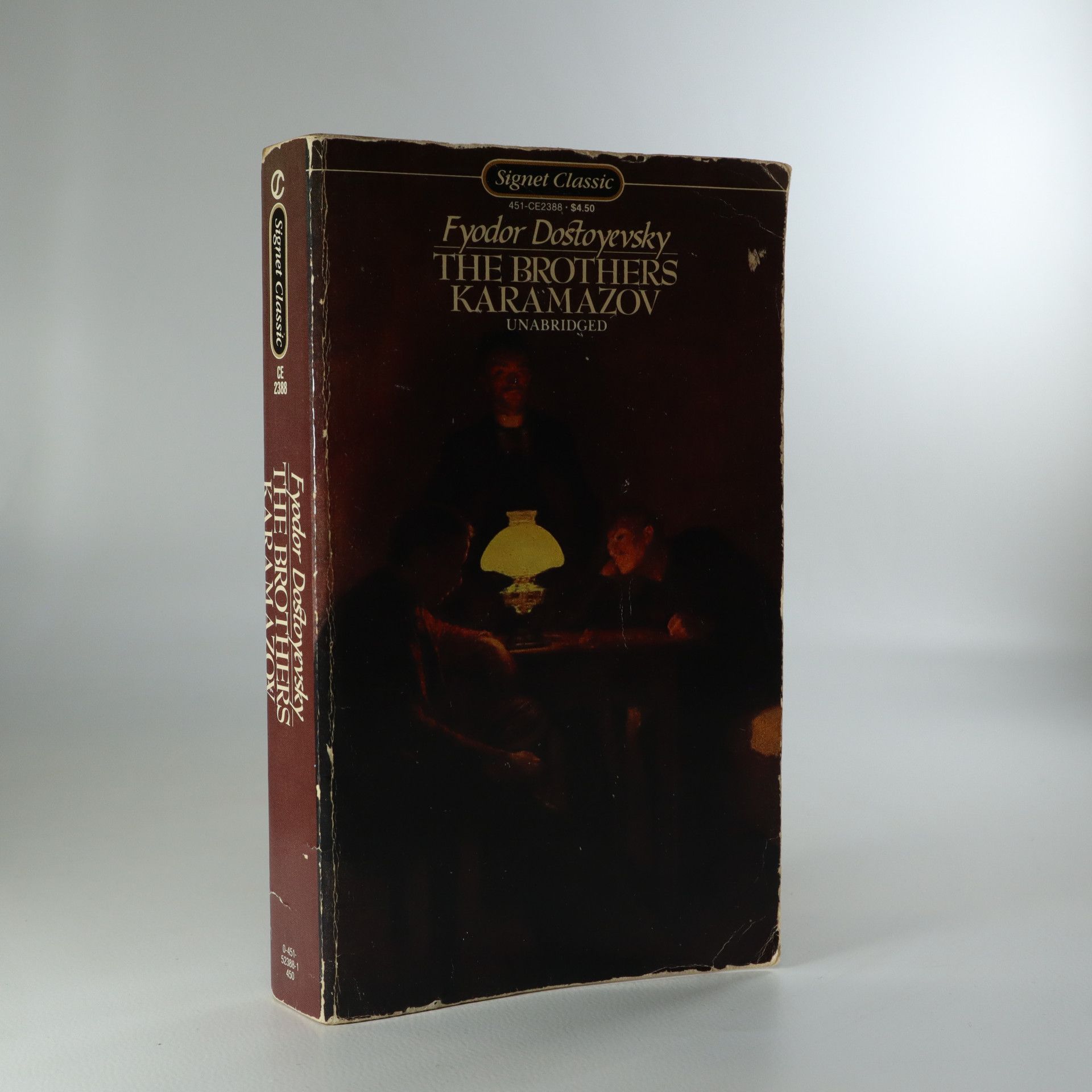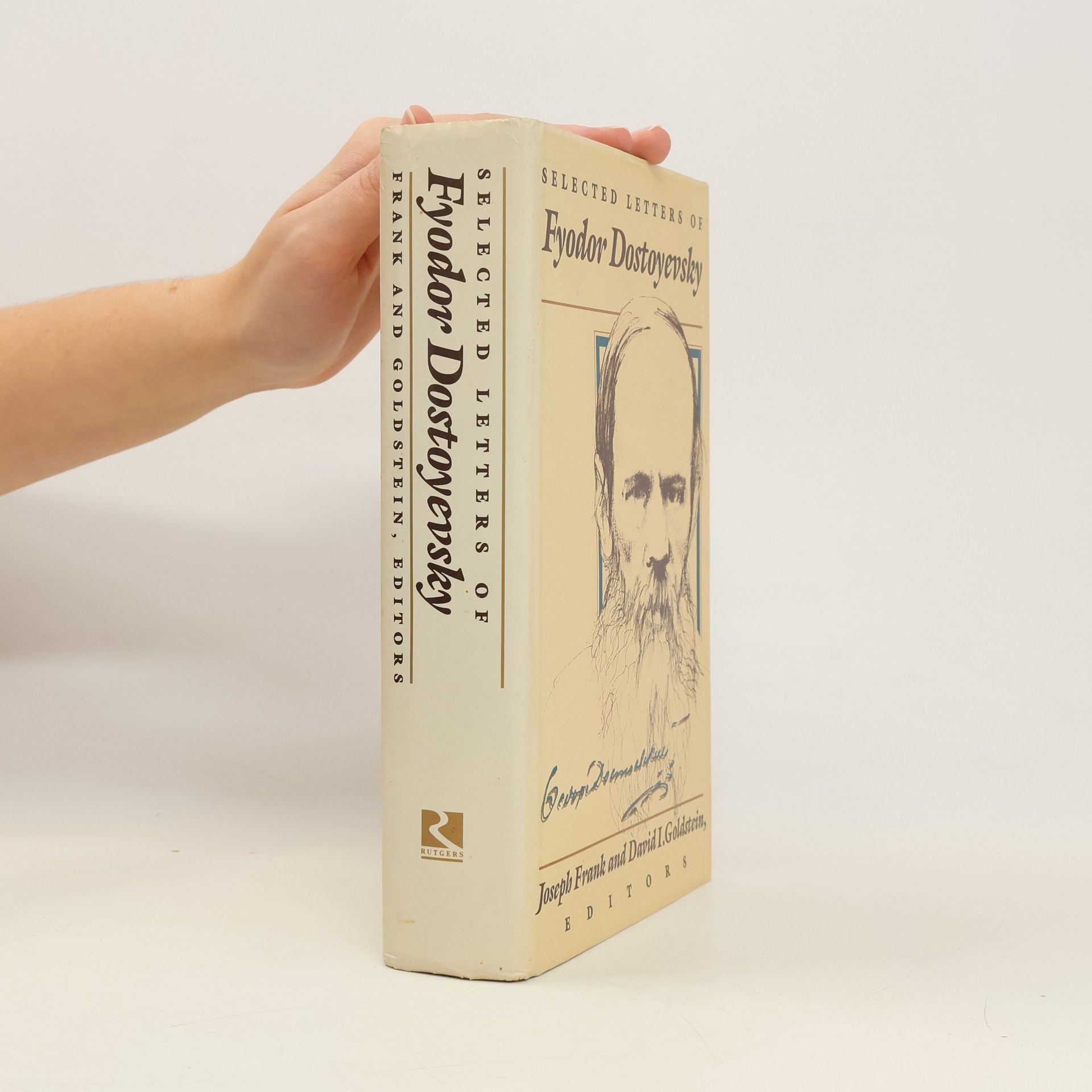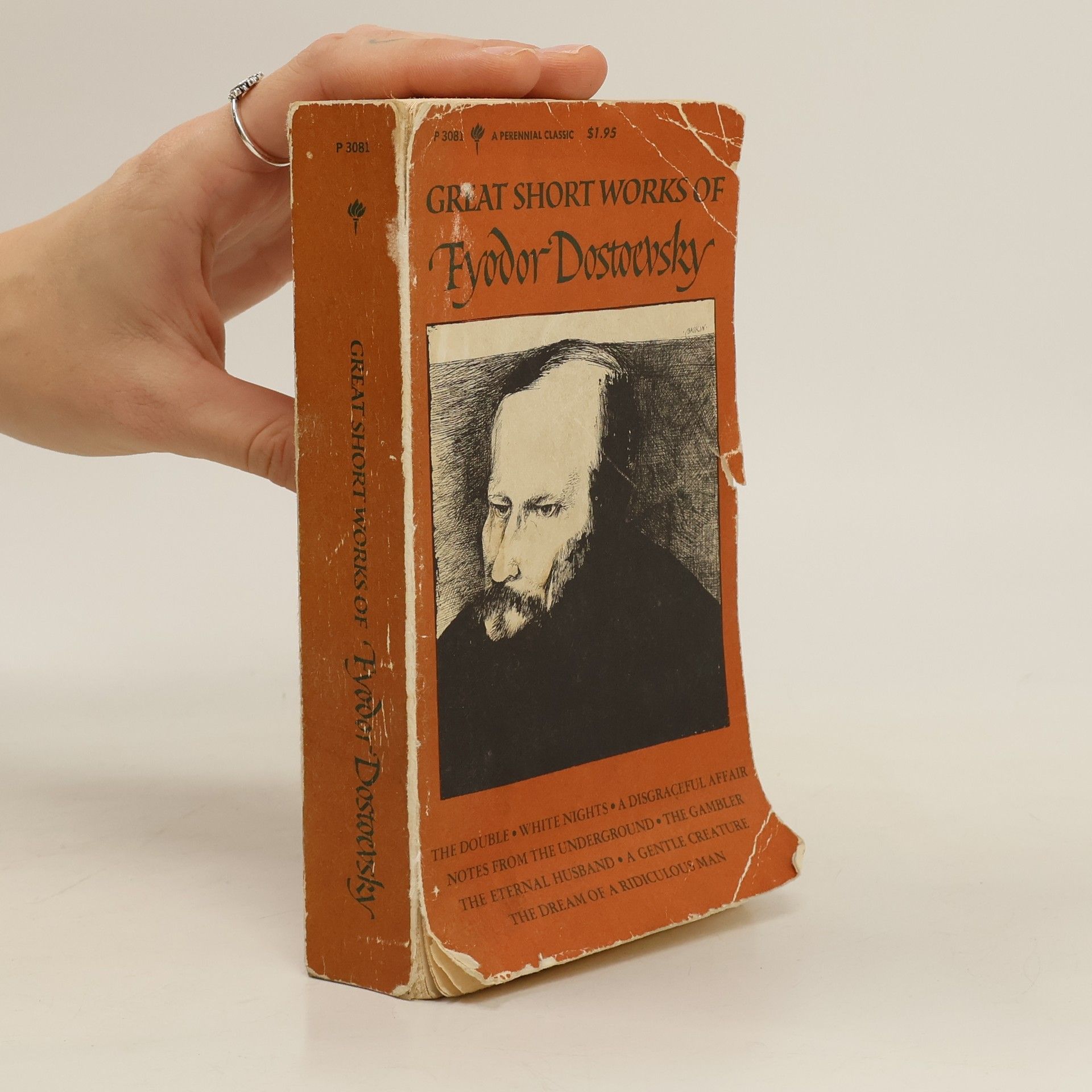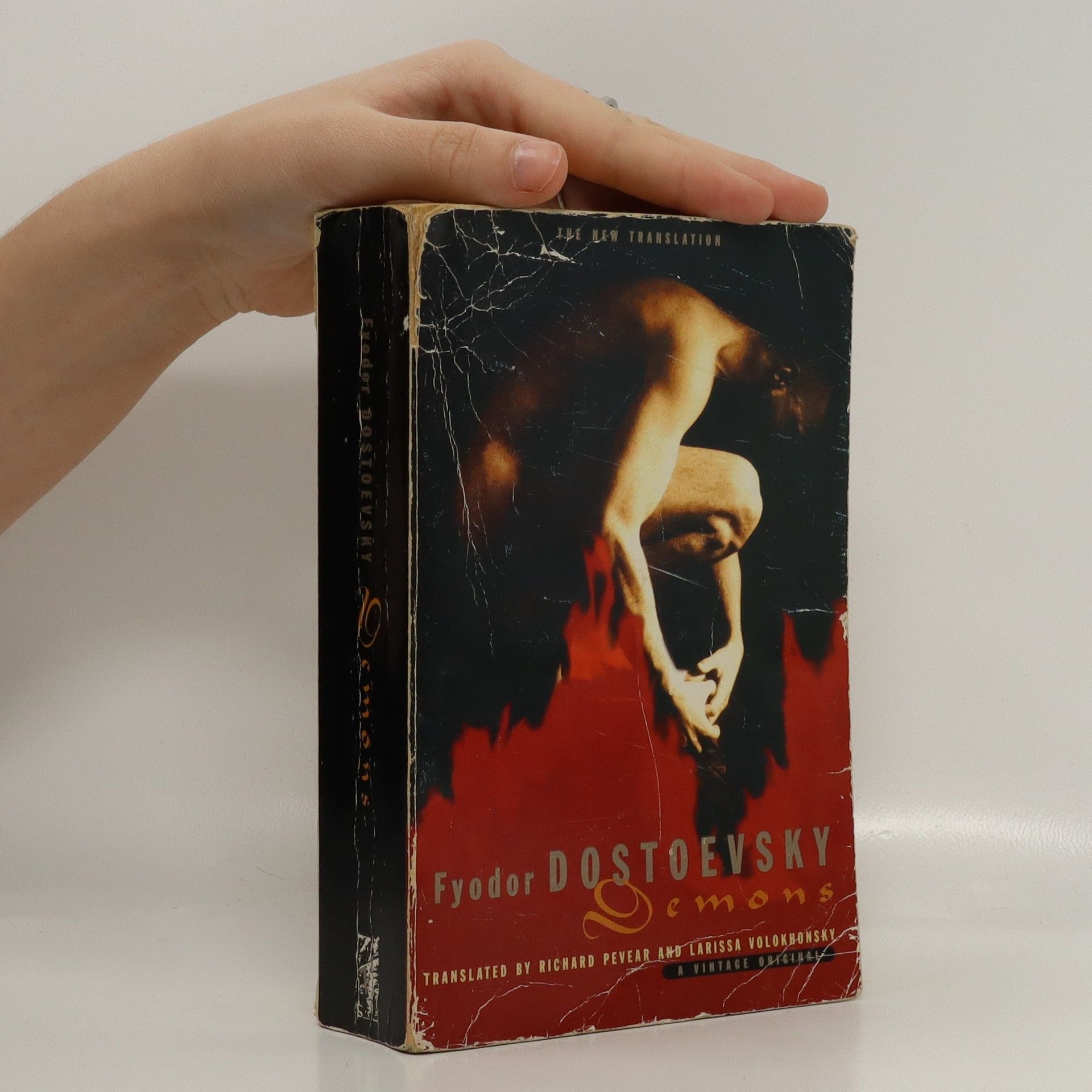Fjodor Michailowitsch Dostojewski Books
Fyodor Dostoyevsky is renowned for his profoundly psychological novels that delve into the complexities of the human soul and moral dilemmas. His works explore themes of faith, doubt, suffering, and redemption with an intensity that compels readers to introspection. Dostoyevsky masterfully crafts characters grappling with internal conflicts and societal pressures. His unique style and piercing insight into human nature establish him as one of the most influential writers in world literature.







The Brothers Karamazov: A New Translation by Michael R. Katz
- 928 pages
- 33 hours of reading
A monumental new translation--the first in more than twenty years--of Russia's greatest family drama, rendered with all the passion, humor, and soul of the original.
Following the Call
- 380 pages
- 14 hours of reading
Fifty-two readings to spark weekly group discussion on putting Jesus’ most central teachings into practice. Jesus’ most famous teaching, the Sermon on the Mount, possesses an irresistible quality . Who hasn’t felt stirred and unsettled after reading these words, which get to the root of the human condition?This follow-up to the acclaimed collection Called to The Life Jesus Wants for His People taps an even broader array of sources, bringing together prophetic voices from every era and a range of traditions to consider the repercussions of these essential words.More than a commentary or devotional , this book is designed to be read together with others, to inspire communities of faith to discuss what it might look like to put Jesus’ teachings into practice today.
The final masterpiece from the celebrated author of Crime and Punishment and The Idiot... This extraordinary novel, Dostoyevsky’s last and greatest work, tells the dramatic story of four brothers—Dmitri, pleasure-seeking, impatient, unruly . . . Ivan, brilliant and morose . . . Alyosha, gentle, loving, honest . . . and the illegitimate Smerdyakov, sly, silent, cruel. Driven by intense passion, they become involved in the brutal murder of their own father, one of the most loathsome characters in all literature. Featuring the famous chapter, “The Grand Inquisitor,” Dostoyevsky’s final masterpiece is at once a complex character study, a riveting murder mystery, and a fascinating examination of man’s morality and the question of God’s existence. Translated by Constance Garnett Edited and with a Foreword by Manuel Komroff and an Afterword by Sara Paretsky
Exploring themes of isolation and societal corruption, this work features a bitter retired civil servant in St. Petersburg who grapples with disillusionment. The narrative unfolds in two parts, combining memoir and philosophical discourse, allowing Dostoyevsky to critique contemporary ideologies like nihilism and rational egoism. Alongside this, "The Double" presents a psychological study of a clerk haunted by a doppelgänger. Both stories showcase the author's talent for delving into the darker aspects of the human psyche, making them significant contributions to literature.
Crime and Punishment. The Gambler. Notes from the Underground
- 696 pages
- 25 hours of reading
The Gambler is a short novel by Fyodor Dostoevsky about a young tutor in the employment of a formerly wealthy Russian general. The novella reflects Dostoevsky's own addiction to roulette, which was in more ways than one the inspiration for the book: Dostoevsky completed the novella under a strict deadline to pay off gambling debts.
Fire and Spirit
- 130 pages
- 5 hours of reading
"Lightning and forest fires could strike terror in primitive humans, yet they also cherished fire as a life-giving gift from the gods"-- Provided by publisher
Demons
- 768 pages
- 27 hours of reading
From the award-winning translators of Crime and Punishment, Richard Pevear and Larissa Volokhonsky.Based on a real-life crime which horrified Russia in 1869, Dostoevsky intended his novel to castigate the fanaticism of his country's new revolutio

